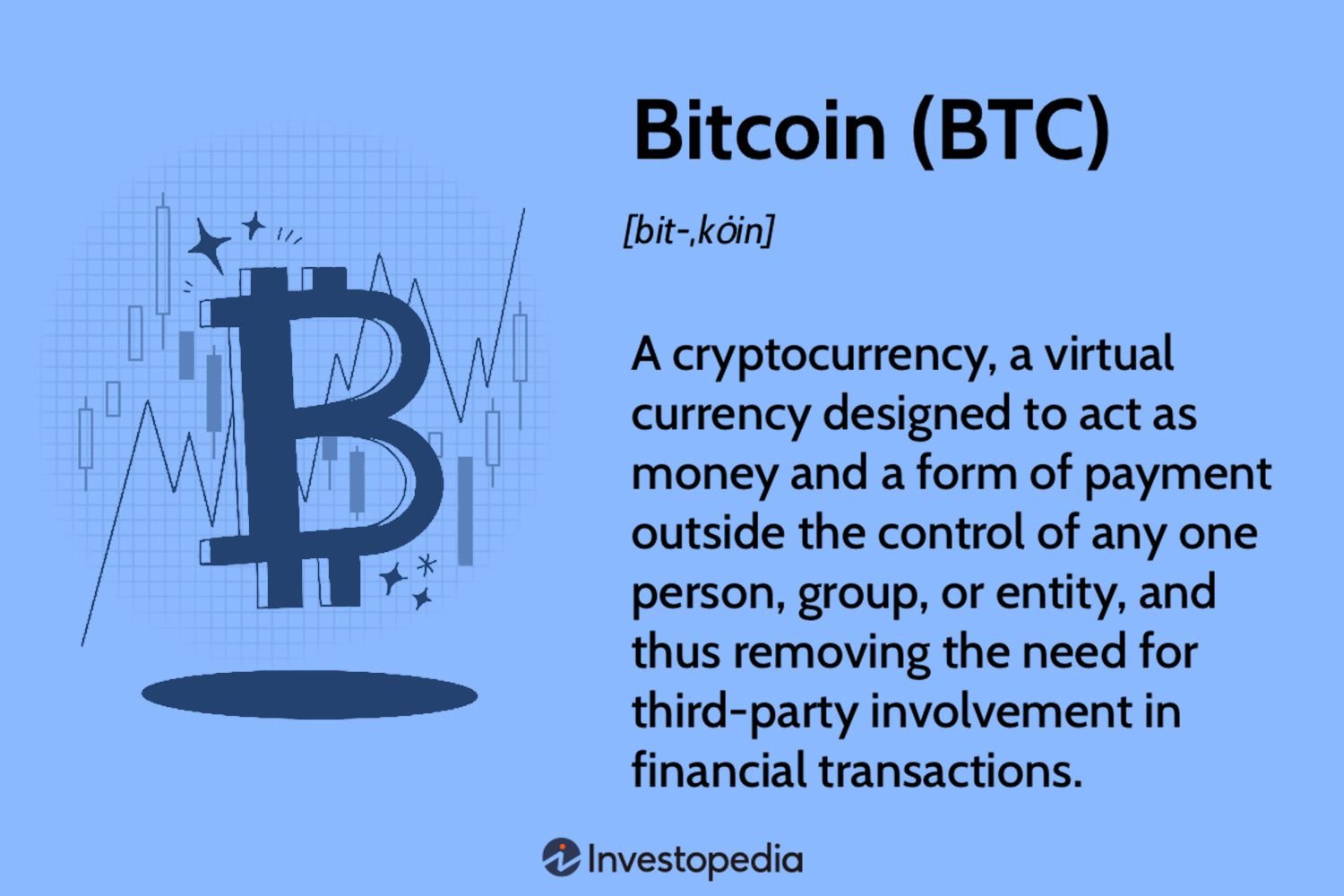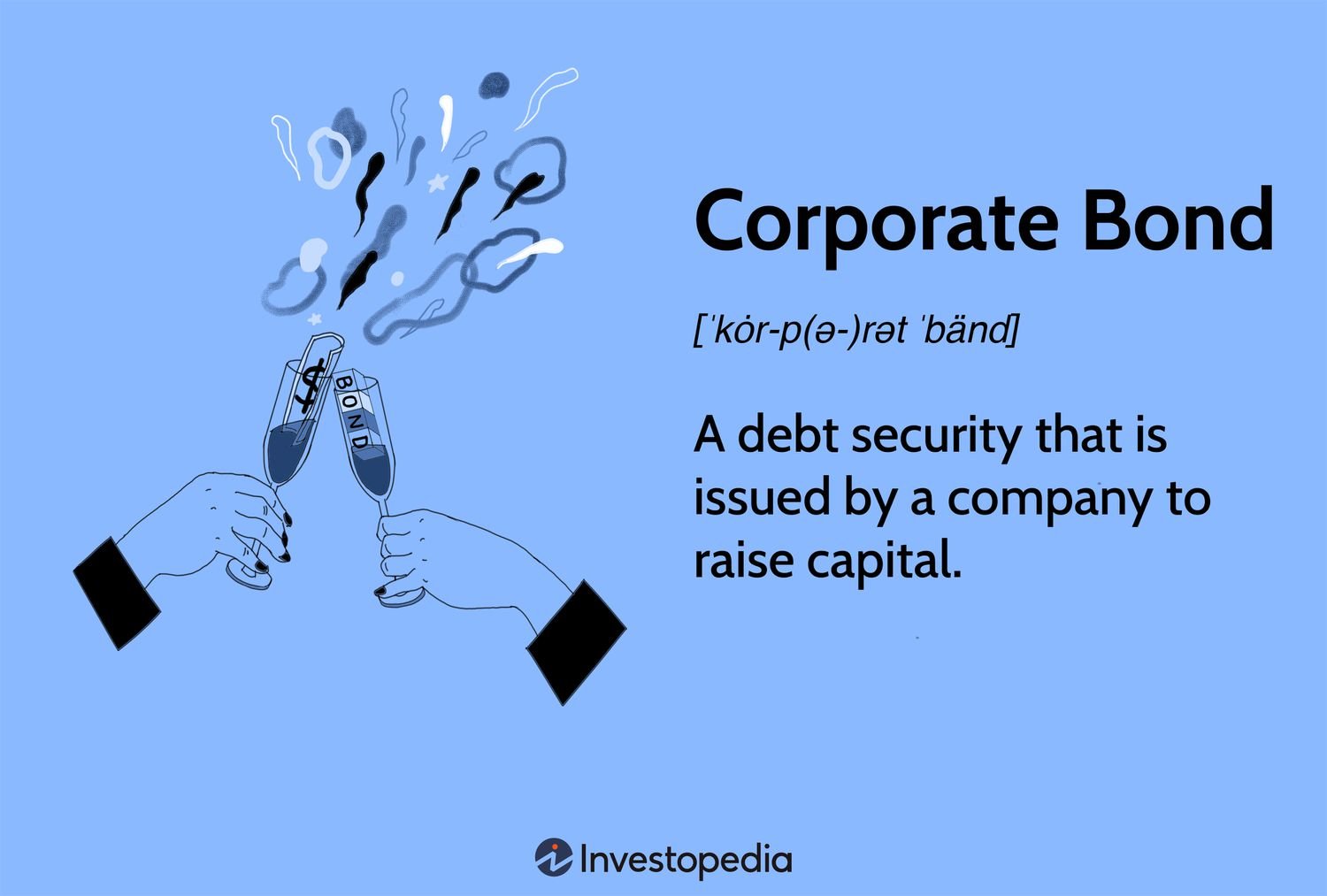Curious about digital currencies like Bitcoin? Look no further! Understanding digital currencies like Bitcoin is essential in today’s increasingly digital world. If you’ve ever wondered how these virtual currencies work and what they mean for our financial future, this blog article is here to help. In the following paragraphs, we will delve into the intricacies of digital currencies, unraveling their mysteries, and shedding light on their incredible potential. So, let’s dive right in and explore the fascinating world of understanding digital currencies like Bitcoin!
Understanding Digital Currencies like Bitcoin
Digital currencies have become a hot topic in recent years, with Bitcoin taking center stage as the most well-known and widely-used cryptocurrency. But what exactly are digital currencies, and how does Bitcoin work? In this comprehensive guide, we will delve into the world of digital currencies, exploring the technology behind them, their benefits and risks, and how they are changing the financial landscape.
The Basics of Digital Currencies
Digital currencies, also known as cryptocurrencies, are virtual or digital forms of money that use cryptography for secure transactions. Unlike traditional currencies issued and controlled by governments, digital currencies operate on decentralized networks and rely on advanced encryption techniques to secure transactions and control the creation of new units.
At the heart of digital currencies is the concept of a blockchain. A blockchain is a public ledger that records all transactions made with a particular currency. It is a decentralized and transparent system that allows for secure and tamper-proof transactions.
The Birth of Bitcoin
Bitcoin, created in 2009 by an anonymous person or group using the pseudonym Satoshi Nakamoto, was the first decentralized cryptocurrency. It introduced the groundbreaking concept of blockchain technology and set the stage for the multitude of digital currencies that followed.
Bitcoin operates on a peer-to-peer network, where transactions are confirmed and recorded by network participants called miners. These miners solve complex mathematical problems to validate transactions and add them to the blockchain.
How Bitcoin Works
Bitcoin works through a combination of cryptographic algorithms, decentralized networks, and consensus mechanisms. Here’s a step-by-step breakdown of how Bitcoin transactions take place:
1. Creating a Wallet: To store and manage your Bitcoin, you need a digital wallet. A wallet consists of a public key, which is used for receiving funds, and a private key, which is used for authorizing transactions.
2. Making a Transaction: To send Bitcoin to someone else, you need their wallet address. You initiate a transaction by specifying the recipient’s address, the amount of Bitcoin to be sent, and any additional transaction details.
3. Verification and Broadcasting: Once you initiate a transaction, it is broadcasted to the Bitcoin network, where miners pick it up and verify its validity. They ensure that you have enough Bitcoin in your wallet to cover the transaction and that the transaction meets all the necessary criteria.
4. Confirmation and Inclusion in the Blockchain: After verification, the transaction is included in a block, which is then added to the blockchain. Miners compete to solve mathematical puzzles, and the first one to solve it adds the block to the blockchain. This process adds a level of security to the transaction, as altering any block requires significant computational power and would require tampering with subsequent blocks.
5. Transaction Completion: Once the transaction is included in a block, it is considered confirmed. The recipient’s wallet balance is updated, and they can now use the Bitcoin they received.
Benefits of Digital Currencies
Digital currencies like Bitcoin offer several advantages compared to traditional fiat currencies. Here are some of the key benefits:
Decentralization and Security
Digital currencies operate on decentralized networks, which means they are not controlled by any central authority, such as a government or bank. This decentralization eliminates the need for intermediaries, reduces the risk of corruption, and enhances security. Transactions on the blockchain are secured through cryptographic algorithms, making them highly resistant to fraud and hacking attempts.
Privacy and Anonymity
Digital currencies provide users with a certain level of privacy and anonymity. While transactions on the blockchain are transparent and visible to all, the identities of the participants can remain pseudonymous. Users can conduct transactions without revealing their real-world identities, providing a degree of privacy and protection against identity theft.
Fast and Low-Cost Transactions
Transferring digital currencies like Bitcoin is typically faster and more cost-effective than traditional banking systems. Traditional cross-border transactions can take days and involve high fees, while Bitcoin transactions can be completed within minutes and often with lower fees. This makes digital currencies an attractive option for remittances and international transactions.
Financial Inclusion
Digital currencies have the potential to promote financial inclusion by providing access to financial services for the unbanked and underbanked populations. With only a smartphone and an internet connection, individuals can participate in the global economy and access a wide range of financial services, such as payments, remittances, and savings.
Risks and Challenges
While digital currencies offer numerous benefits, they also come with their share of risks and challenges. It’s important to be aware of these factors before diving into the world of digital currencies:
Volatility
Digital currencies, including Bitcoin, are known for their price volatility. The value of a digital currency can fluctuate dramatically within short periods, making it a risky investment. Volatility is influenced by various factors such as market demand, regulatory developments, and investor sentiment.
Regulatory Uncertainty
The regulatory landscape surrounding digital currencies is still evolving. Different countries have taken varying approaches to regulate and classify cryptocurrencies, which can create uncertainty and potential legal risks for users and businesses operating in the space. It’s essential to stay updated on the regulations and comply with the applicable laws in your jurisdiction.
Security Concerns
While blockchain technology provides a high level of security, vulnerabilities still exist. Hacks and breaches can occur at cryptocurrency exchanges, wallets, or through malware targeting users’ devices. It’s crucial to take necessary security measures, such as using reputable wallets, enabling two-factor authentication, and keeping software up to date.
Scams and Fraud
The rise of digital currencies has also led to an increase in scams and fraudulent schemes. Ponzi schemes, fake initial coin offerings (ICOs), and phishing attacks are some of the common scams in the cryptocurrency space. It’s important to exercise caution, conduct thorough research, and only engage with reputable projects and platforms.
The Future of Digital Currencies
Digital currencies like Bitcoin have already made a significant impact on the financial industry, and their influence is likely to grow in the future. Here are some trends and developments to watch out for:
Mainstream Adoption
As digital currencies gain more acceptance and understanding, we can expect to see increased mainstream adoption. More merchants and businesses are starting to accept Bitcoin as a form of payment, and financial institutions are exploring ways to integrate digital currencies into their services. This wider adoption will contribute to the normalization and legitimization of digital currencies.
Central Bank Digital Currencies
Central banks around the world are exploring the concept of central bank digital currencies (CBDCs). CBDCs would be digital versions of traditional fiat currencies, issued and controlled by central banks. The introduction of CBDCs could bring new efficiencies to the financial system, enhance transparency, and facilitate cross-border transactions.
Technological Advancements
Blockchain technology itself continues to evolve, with ongoing research and development to improve scalability, privacy, and interoperability. Innovations such as layer-two solutions, smart contracts, and zero-knowledge proofs are pushing the boundaries of what is possible with digital currencies. These advancements will contribute to the overall growth and maturity of the industry.
In conclusion, understanding digital currencies like Bitcoin is essential as they continue to shape the future of finance. While they offer numerous benefits, it’s important to be aware of the risks and challenges associated with them. As the world becomes increasingly digital, the potential for digital currencies to revolutionize the financial landscape is immense. Whether they become the predominant form of money or coexist with traditional currencies, digital currencies are here to stay, and it’s crucial to stay informed and adapt to this changing financial paradigm.
What is Digital Currency | Types of Digital currency | CryptoCurrency | digital currency explained
Frequently Asked Questions
Frequently Asked Questions (FAQs)
What is Bitcoin and how does it work?
Bitcoin is a digital currency that operates on a decentralized network called blockchain. It enables secure and direct peer-to-peer transactions without the need for intermediaries like banks. Bitcoin transactions are verified by network participants through cryptography, and new bitcoins are created through a process called mining.
Is Bitcoin legal?
The legality of Bitcoin varies from country to country. In many countries, Bitcoin is considered legal, but it is important to check the regulations in your specific location. Some countries have embraced Bitcoin, while others have imposed restrictions or outright banned its use.
How can I acquire Bitcoin?
There are several ways to acquire Bitcoin. You can buy Bitcoin from online exchanges using traditional fiat currency. Another option is to accept Bitcoin as payment for goods and services. Additionally, some people participate in Bitcoin mining to earn new Bitcoins.
How do I store my Bitcoin?
Bitcoin can be stored in a digital wallet. There are different types of wallets, including software wallets that can be installed on a computer or mobile device, hardware wallets that provide offline storage, and paper wallets that involve printing out your Bitcoin information. It is crucial to keep your wallet secure and have backups in case of loss or theft.
Can I send Bitcoin to anyone?
Yes, you can send Bitcoin to anyone with a Bitcoin address. A Bitcoin address is a unique identifier that enables transactions on the network. It is important to verify the accuracy of the recipient’s address before sending Bitcoin, as transactions cannot be reversed.
What determines the value of Bitcoin?
The value of Bitcoin is determined by supply and demand dynamics in the market. Factors such as market speculation, investor sentiment, adoption by businesses, regulatory developments, and macroeconomic trends can influence the price of Bitcoin. It is a highly volatile asset, and its value can fluctuate significantly.
Can I use Bitcoin for everyday purchases?
Bitcoin can be used for everyday purchases in certain places. While the acceptance of Bitcoin as a payment method is growing, it is not yet universally accepted. Some online and physical stores, as well as service providers, allow Bitcoin payments. However, it is important to check if a business accepts Bitcoin before attempting a transaction.
Is Bitcoin anonymous?
Bitcoin transactions are pseudonymous, meaning that they are not directly tied to the identities of individuals. However, the blockchain records all transactions, and with certain analysis techniques, it is possible to trace the flow of funds. To enhance privacy, some users employ additional tools like mixing services, which make it harder to trace transactions back to their origin.
Please note that the information provided in this FAQ is for general understanding and should not be considered as financial or legal advice. It is always recommended to research and consult with professionals regarding your specific situation.
Final Thoughts
Understanding digital currencies like Bitcoin is key to navigating the ever-evolving landscape of the financial world. With its decentralized nature and blockchain technology, Bitcoin has emerged as a revolutionary form of currency. By grasping the fundamentals of digital currencies, individuals can actively participate in this digital economy. From its secure transactions to its potential for investment growth, Bitcoin offers a unique and exciting opportunity for those seeking to diversify their financial portfolio. So, whether you’re an investor or someone curious about the future of money, take the time to understand digital currencies like Bitcoin and embrace the possibilities they hold.



